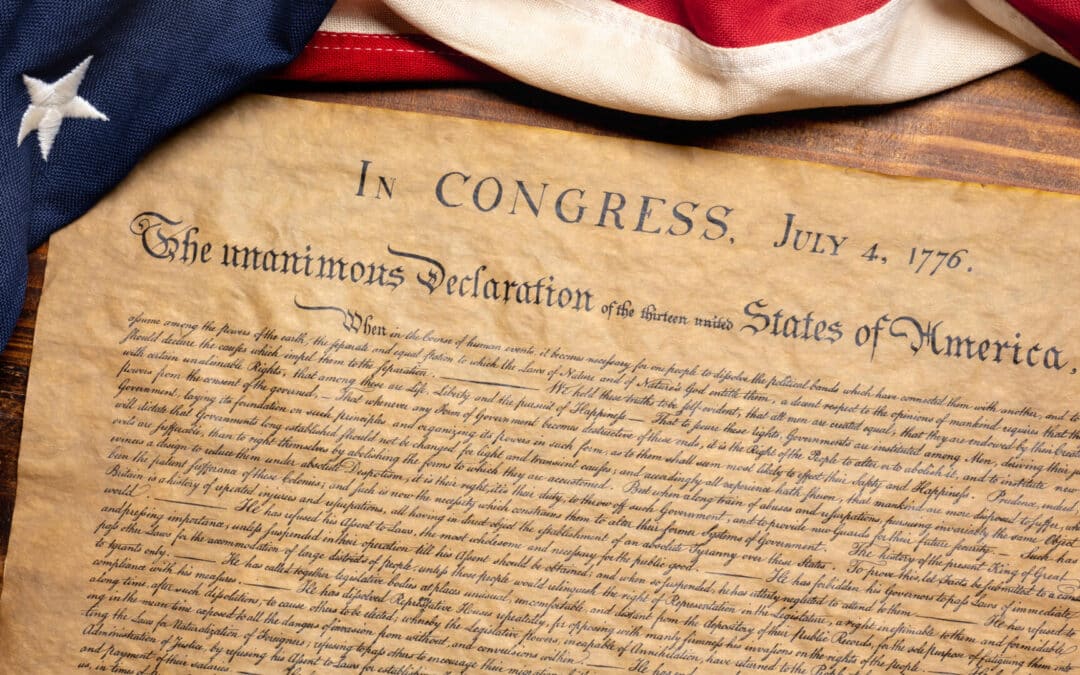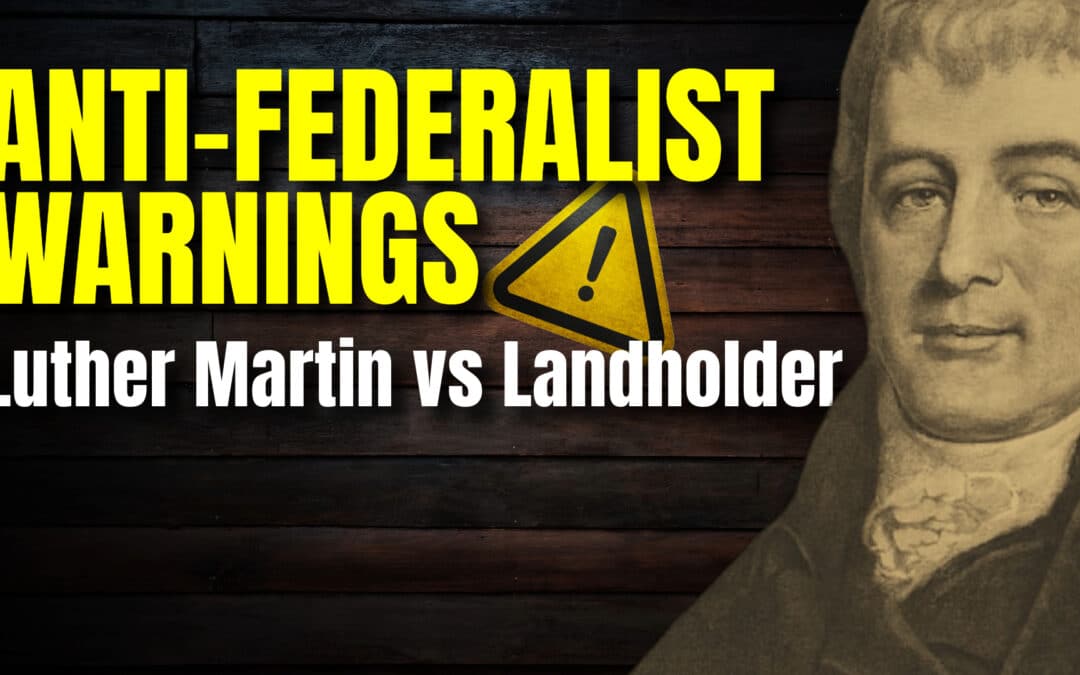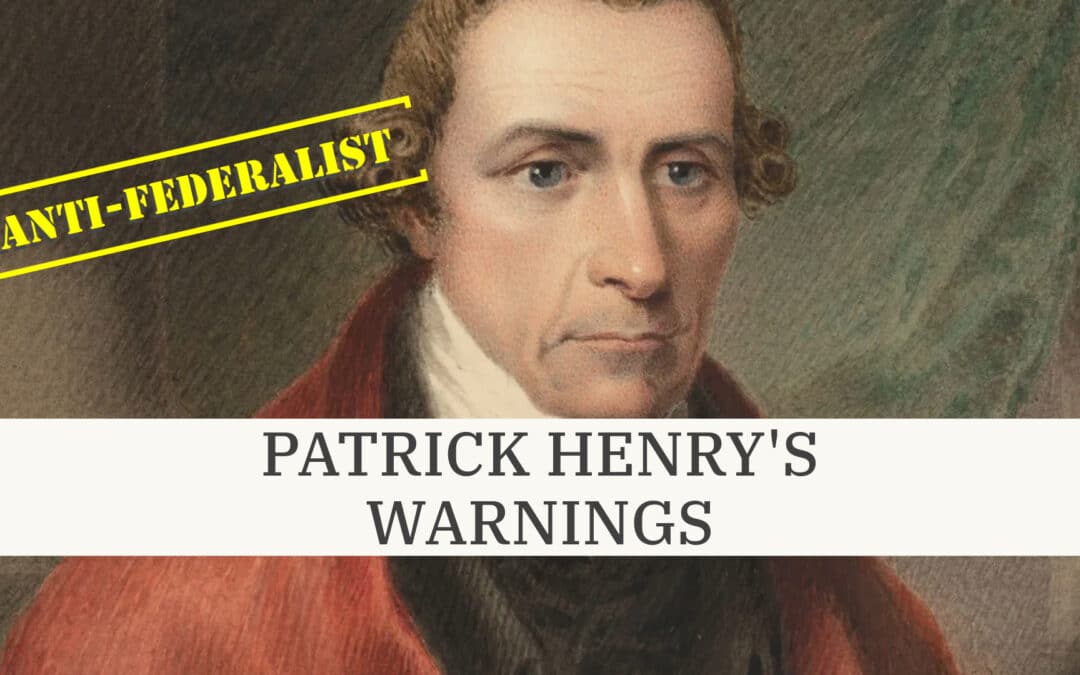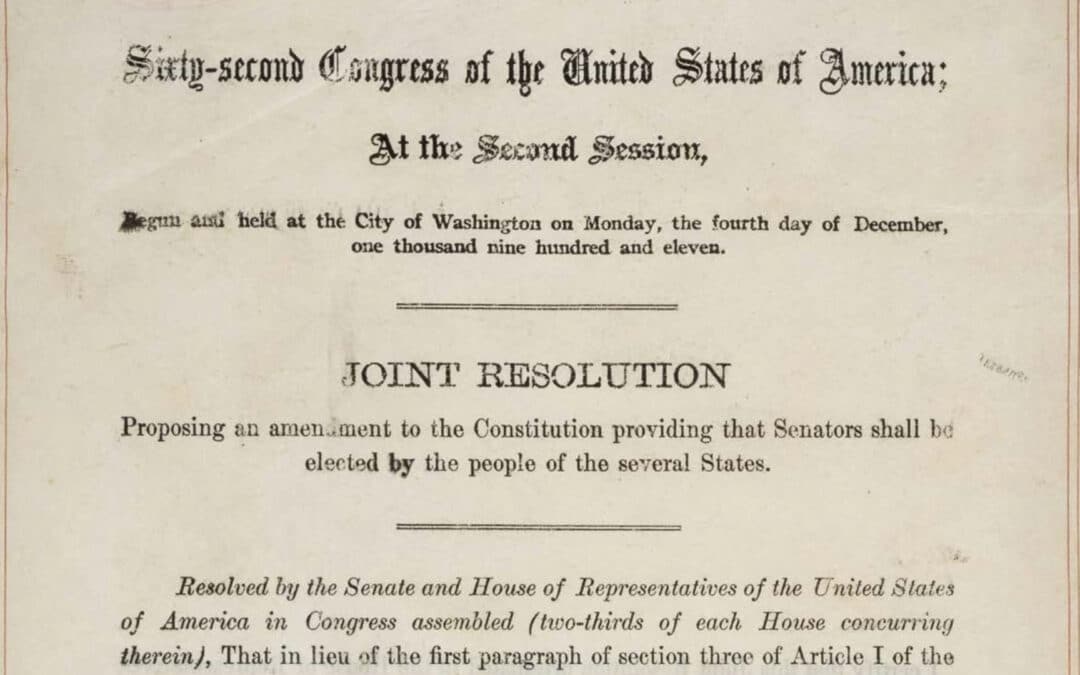


Luther Martin vs. Landholder: Anti-Federalist Warnings on Consolidation and Tyranny
In a heated war of words, Luther Martin responded to a series of essays penned by Oliver Ellsworth under the pseudonym Landholder, defending his colleague Elbridge Gerry against Federalist attacks and reinforcing key Anti-Federalist warnings about consolidation and...
Anti-Federalist Objections: Pennsylvania Dissent Explained
One of the most influential and widely cited anti-federalist papers wasn’t written by a single individual. It was produced by a group of delegates who rejected the Constitution during the Pennsylvania ratifying convention. Pennsylvania was the second state to ratify...
Patrick Henry: Top-6 Anti-Federalist Warnings
This government “will swallow the liberties of the people, without giving them previous notice.” That’s one of many stark warnings Patrick Henry gave us in 1788. In a series of fiery speeches during the Virginia Ratifying Convention, he laid out some of the most...